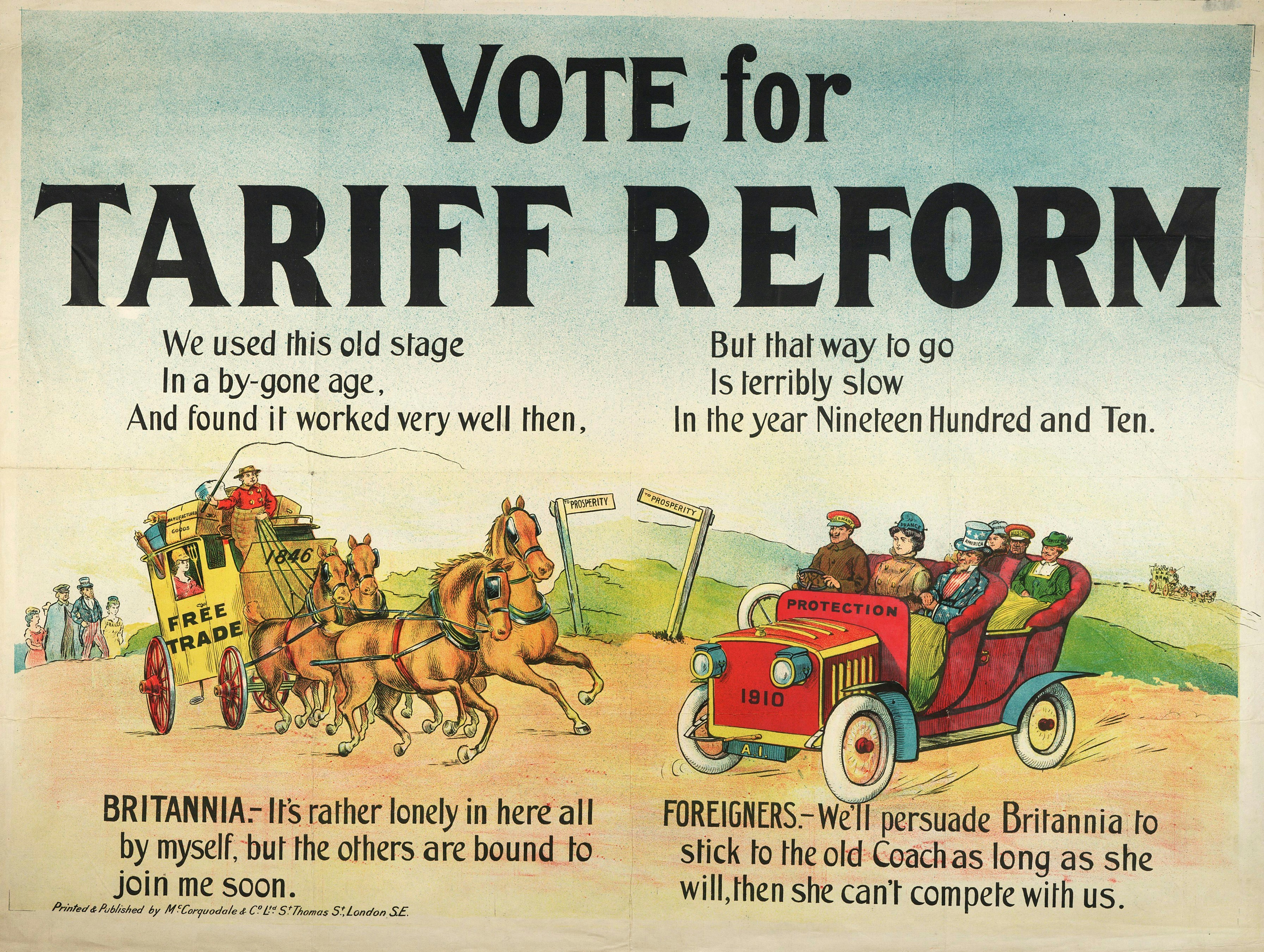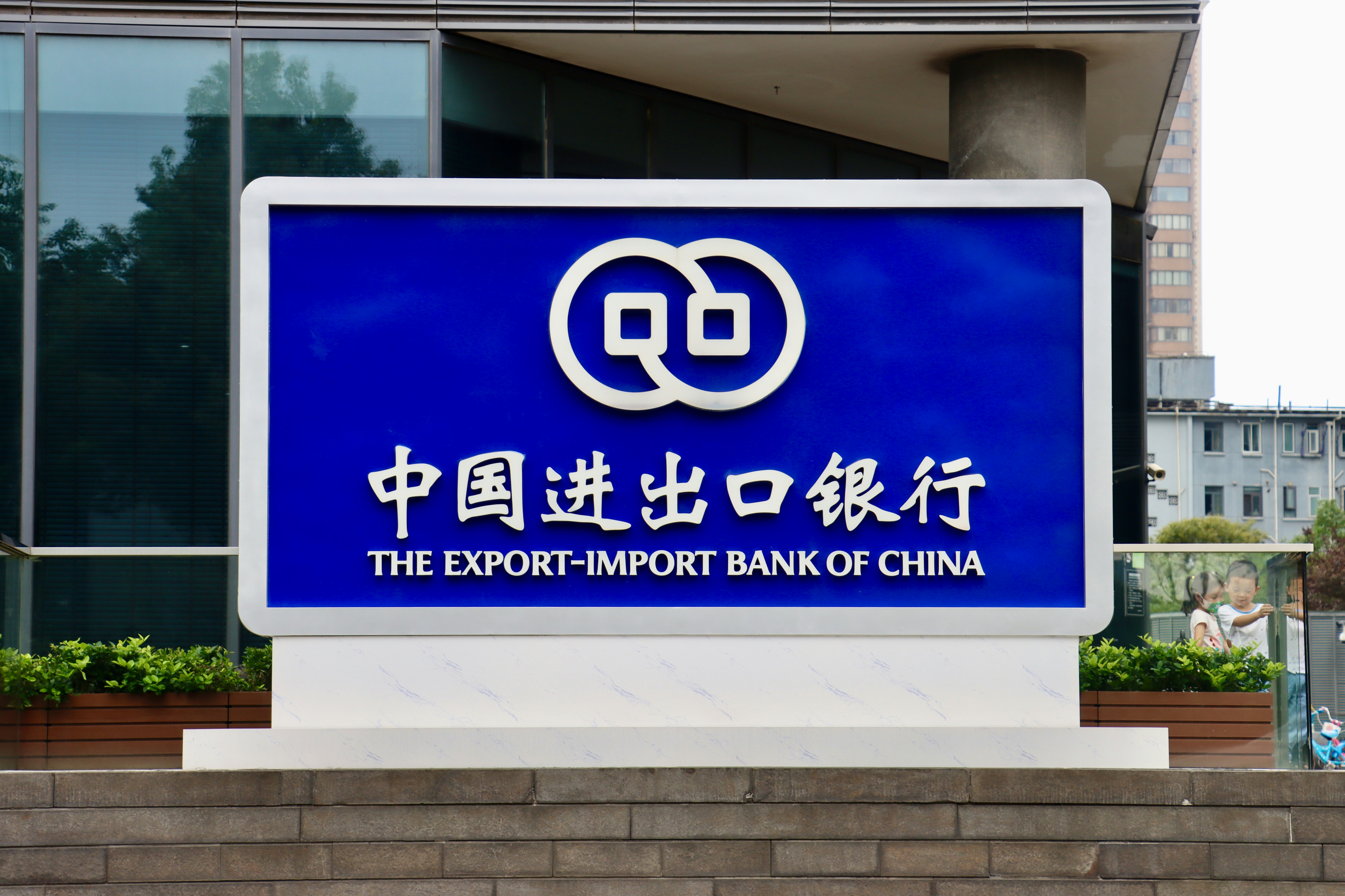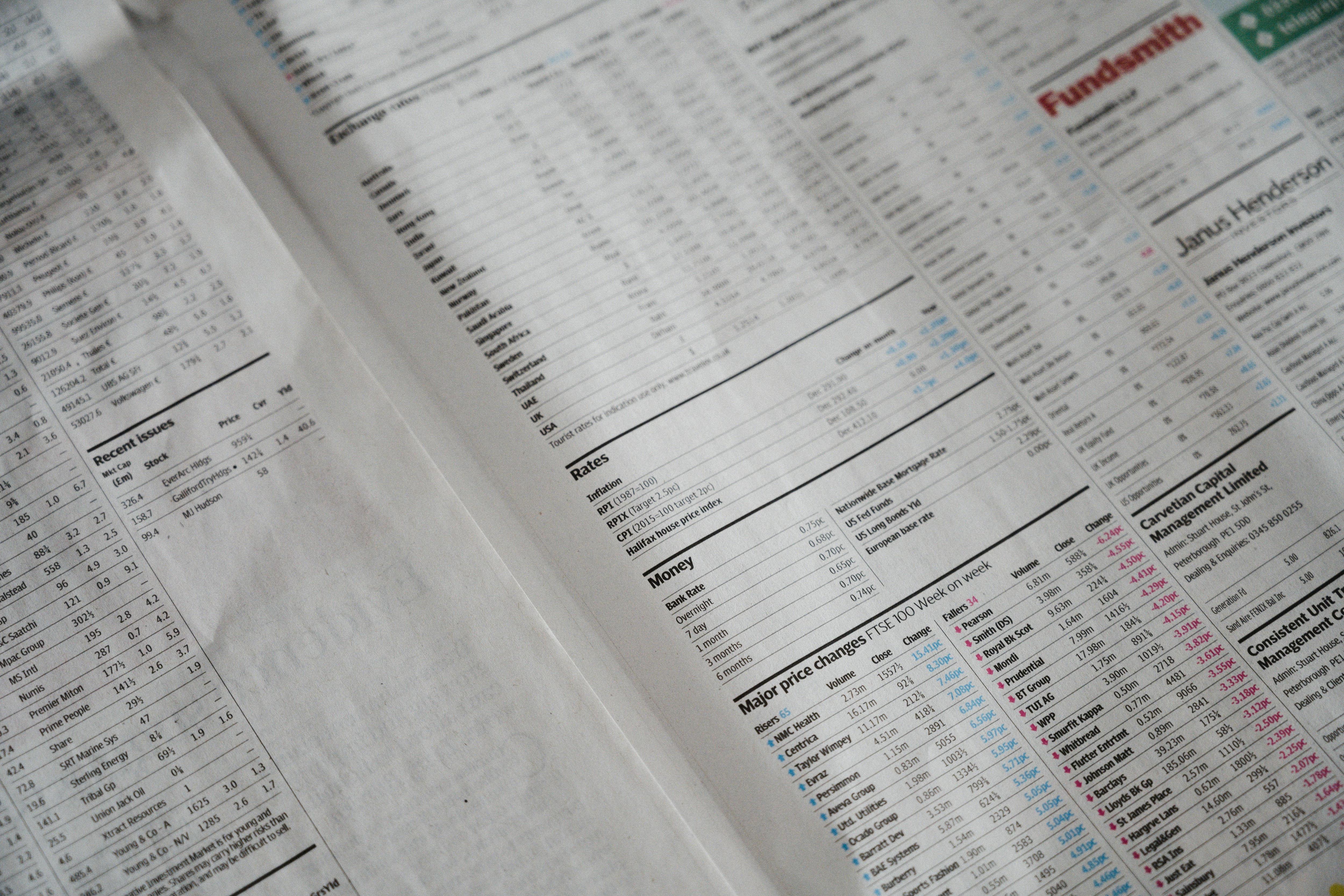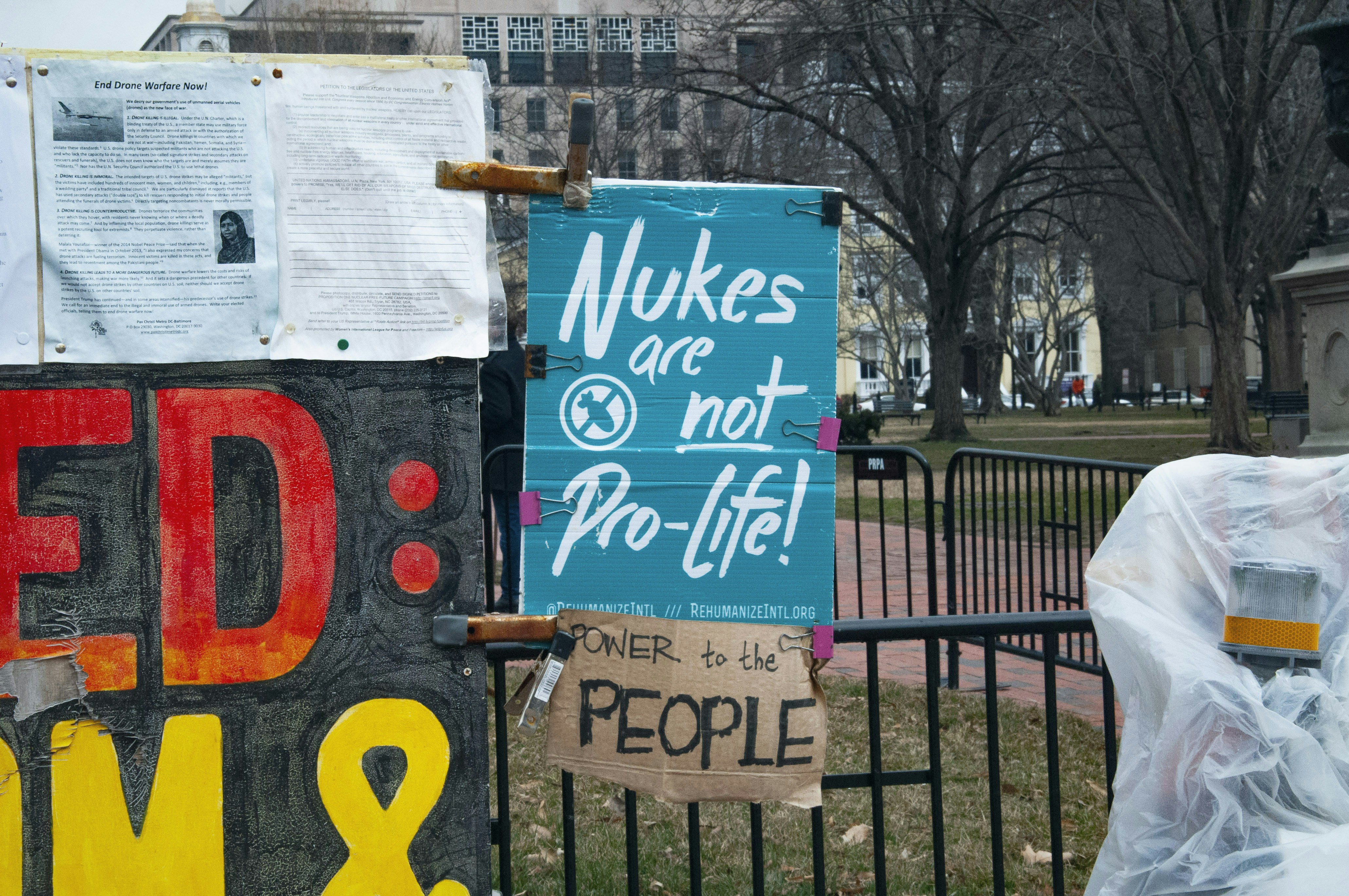Understanding the Economic Recession Fears Amidst Trump’s Tariffs
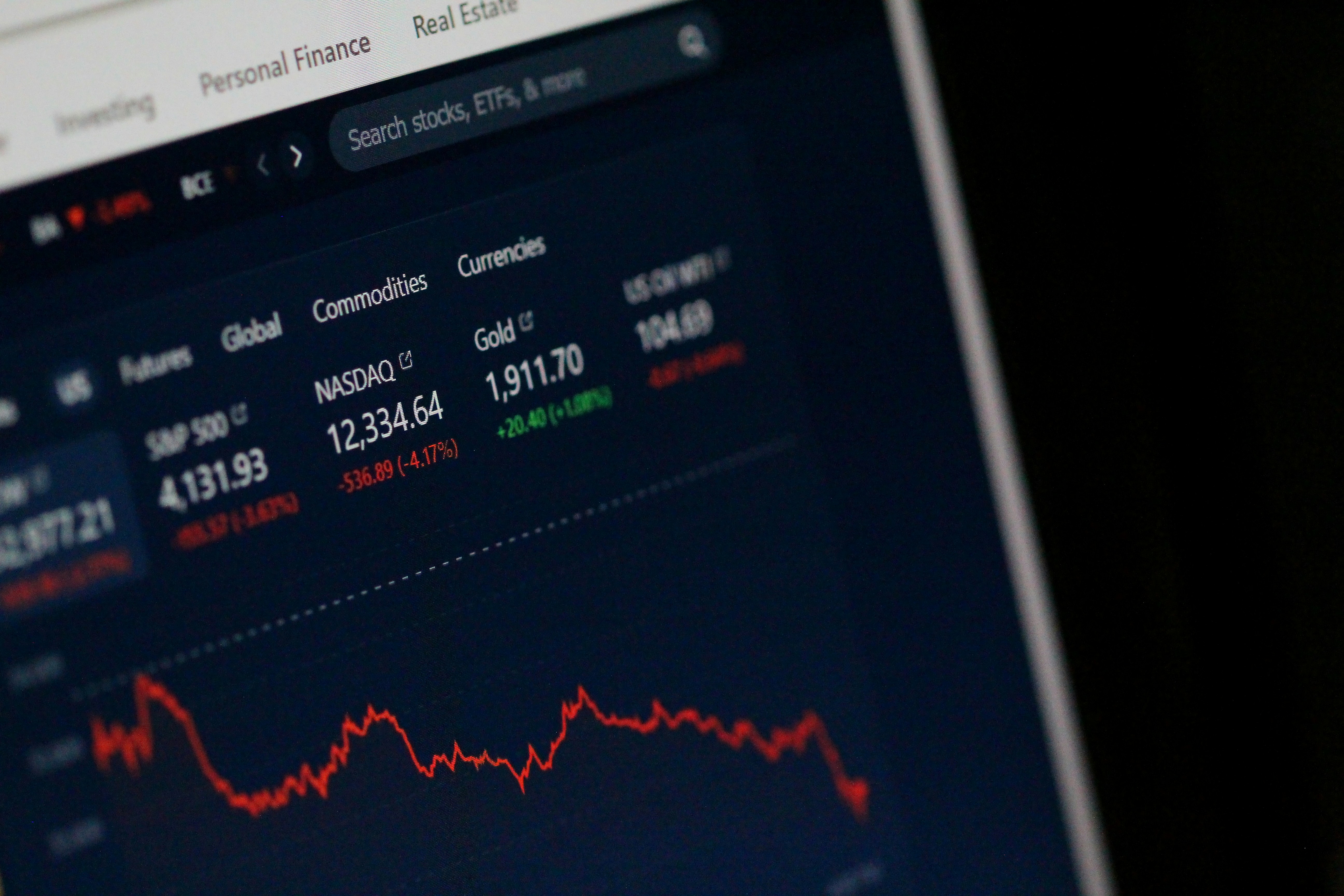
Introduction
In recent months, the economic landscape has faced turbulence as fears of a recession loom large. These apprehensions primarily stem from President Trump’s tariffs, which were implemented with the goal of protecting American industries. However, the unintended consequences of these tariffs have led to significant market drops, igniting discussions about a potential economic downturn.
The Impact of Tariffs on the Economy
Tariffs are known to affect various sectors, and Trump’s policies have certainly raised questions regarding their effectiveness. Initially intended to bolster domestic production, these tariffs have instead resulted in increased costs for consumers and businesses alike. As market performance fluctuates, investors are growing anxious, contributing to widespread recession concerns. The ripple effects of such policies highlight the delicate balance that policymakers must maintain.
Market Reactions and Global Implications
The stock market’s reaction to these tariffs has been telling. Following announcements of new tariffs, we often observe immediate drops in stock prices. Investors tend to react based on predictions of slowing economic growth, and these reactions serve to amplify fears of a recession. Global trade dynamics also come into play, as international partners reassess their strategies in light of American tariffs, further complicating the situation.
In conclusion, the interplay between Trump’s tariffs and the overall economic environment has created a climate of uncertainty. As discussions about recession intensify, it is crucial to remain informed and monitor how these policies will shape the economic landscape in the months to come.

